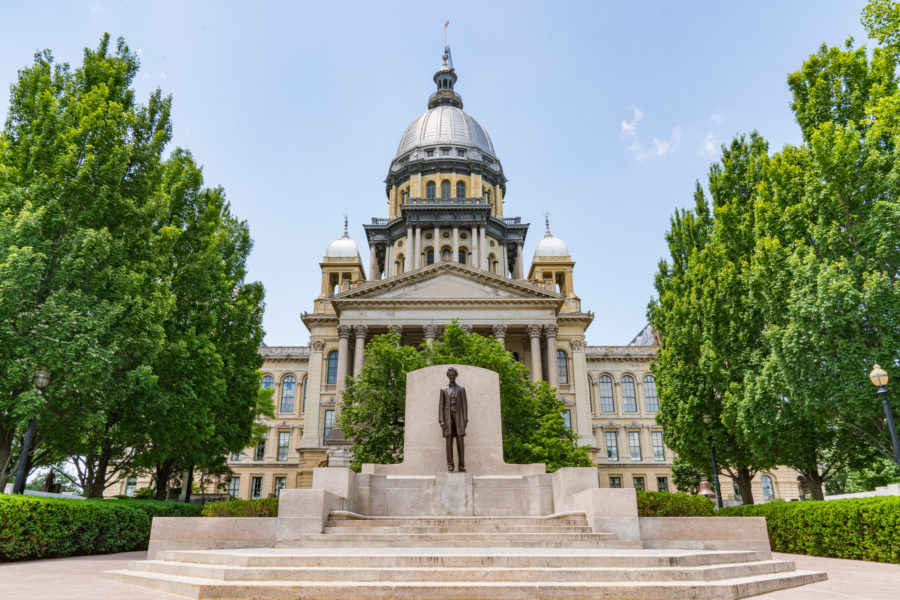
How the “Health at Every Size” Movement Can Help Inform the Public Health Conversation on Obesity
Law & Policy InsightsThe popular social justice movement Health at Every Size focuses on health improvement as the goal, irrespective to weight loss, and advocates for social acceptance of all body sizes, including morbid obesity. With obesity prevalence at an all-time high in the U.S., some public health officials are concerned that persons who view obesity as healthy are less likely to lose weight, increasing their risks for many chronic health conditions, including heart disease, stroke, type 2 diabetes, and cancer.











